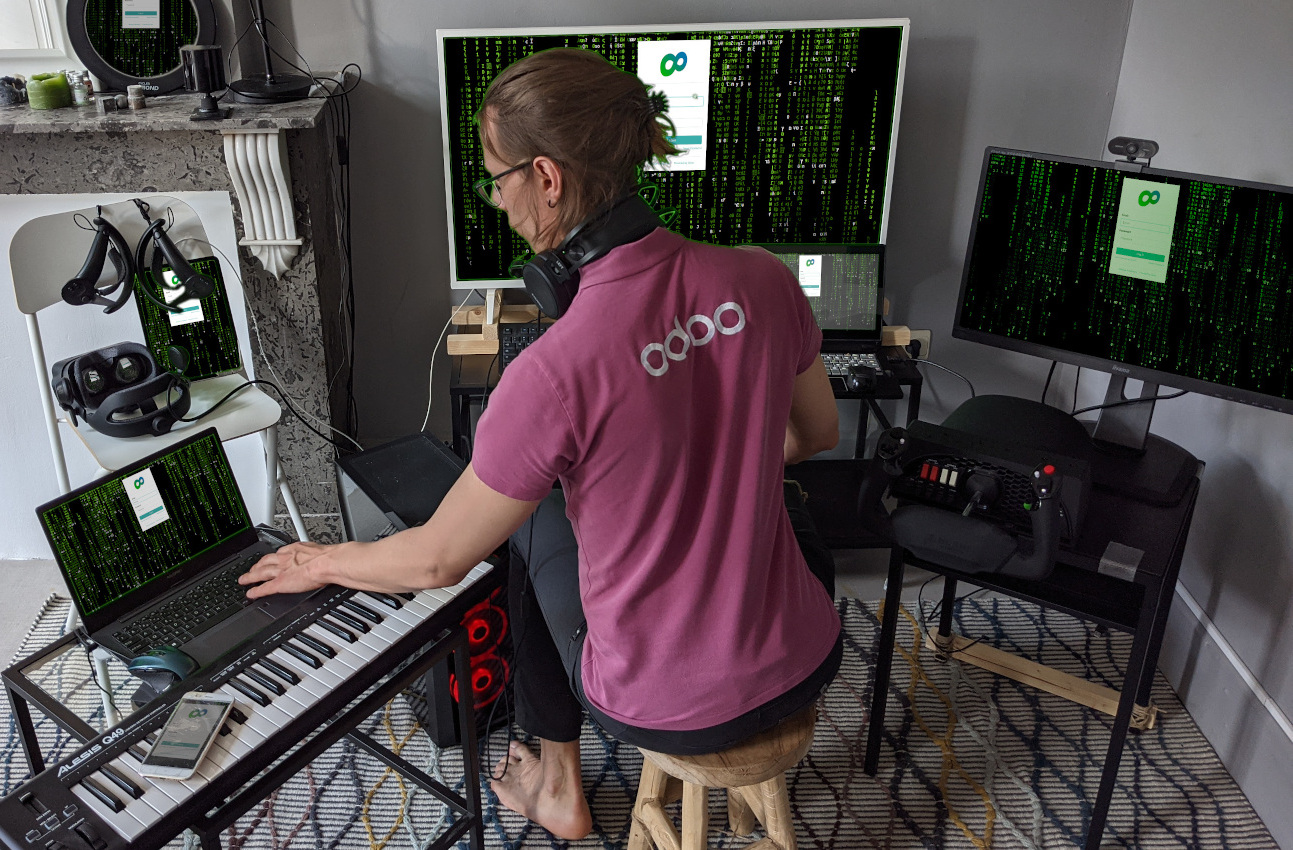You are here because you've heard about the free Odoo 🪬 Connectors that work like magic... Good news! You're on the right path.
First things first, you need Odoo (Community, Enterprise or the Pirate Edition — it doesn't really matter). Second, make sure you understand how to install custom Odoo modules. Finally, you must know the special magic involved in installing the great queue_job module.
Let's go!
- Fork this gist.
- Install Sync 🪬 Studio.
- Navigate to the Sync 🪬 Studio menu, click
[NEW]button, paste the link to your gist, and click[IMPORT].
Demo: https://odoomagic.com/demo.mp4
We use telegram integration to demonstrate basic tools provided by Sync 🪬 Studio. Alternatively, you can check other integrations made by the Cyber ✨ Pirates:
- TODO1
- TODO2
- TODO3
Good luck!









